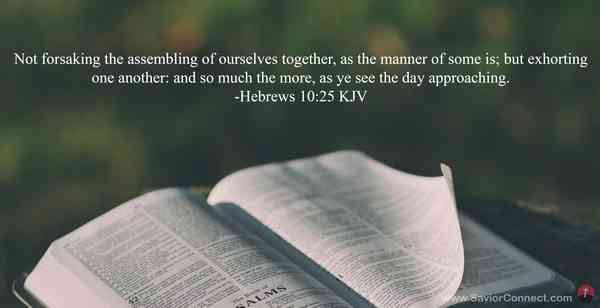
Jesus is the central figure of Christianity, believed by Christians to be the messiah, the son of God and the second person in the Trinity.
For some Jews, the name alone is nearly synonymous with pogroms and Crusades, charges of deicide and centuries of Christian anti-Semitism.
Other Jews, recently, have come to regard him as a Jewish teacher. This does not mean, however, that they believe, as Christians do, that he was raised from the dead or was the messiah.
While many people now regard Jesus as the founder of Christianity, it is important to note that he did not intend to establish a new religion, at least according to the earliest sources, and he never used the term “Christian.” He was born and lived as a Jew, and his earliest followers were Jews as well. Christianity emerged as a separate religion only in the centuries after Jesus’ death.
Who was Jesus?
Virtually all of what is known about the historical Jesus comes from the four Greek Gospels — Matthew, Mark, Luke and John — which scholars believe were written several decades after Jesus’ death.
While there is no archaeological or other physical evidence for his existence, most scholars agree that Jesus did exist and that he was born sometime in the decade before the Common Era and crucified sometime between 26-36 CE (the years when the Roman governor, Pontius Pilate, ruled Judea).
He lived at a time when the Roman Empire ruled what is now Israel and sectarianism was rife, with major tensions among Jews not only over how much to cooperate with the Romans, but also how to interpret.
- Chamisa under fire over US$120K donation
- Mavhunga puts DeMbare into Chibuku quarterfinals
- Pension funds bet on Cabora Bassa oilfields
- Councils defy govt fire tender directive
Keep Reading
It was also, for some, a restive time when displeasure with Roman policies, as well as with the Temple high priests, bred hopes for a messianic redeemer who would throw off the foreign occupiers and restore Jewish sovereignty in the Land of Israel.
Was Jesus the Messiah?
The question “was Jesus the messiah?” requires a prior question: “What is the definition of messiah?” The prophets (Nevi’im), who wrote hundreds of years before Jesus’ birth, envisioned a messianic age as as a period of universal peace, in which war and hunger are eradicated, and humanity accepts God’s sovereignty. By the first century, the view developed that the messianic age would witness a general resurrection of the dead, the in-gathering of all the Jews, including the 10 lost tribes, to the land of Israel, a final judgment and universal peace.
Some Jews expected the messiah to be a descendant of King David (based on an interpretation of God’s promise to David in 2 Samuel 7 of an eternal kingdom). The Dead Sea scrolls speak of two messiahs: one a military leader and the other a priest. Still other Jews expected the prophet Elijah, or the angel Michael, or Enoch, or any number of other figures to usher in the messianic age. Stories in the Gospels about Jesus healing the sick, raising the dead, and proclaiming the imminence of the kingdom of heaven suggest that his followers regarded him as appointed by God to bring about the messianic age.
More than 1 000 years after Jesus’ crucifixion, the medieval sage Maimonides (also known as Rambam) laid out in his Mishneh Torah specific things Jews believe the messiah must accomplish in order to confirm his identity — among them restoring the kingdom of David to its former glory, achieving victory in battle against Israel’s enemies, rebuilding the temple (which the Romans destroyed in 70 CE) and ingathering the exiles to the land of Israel. “And if he’s not successful with this, or if he is killed, it’s known that he is not the one that was promised by the Torah,” Maimonides wrote.
What about Jews for Jesus?
Jews for Jesus is one branch of a wider movement called Messianic Jews. Members of this movement are not accepted as Jewish by the broader Jewish community, even though some adherents may have been born Jewish and their ritual life includes Jewish practices. While an individual Jew could accept Jesus as the messiah and technically remain Jewish — rejection of any core Jewish belief or practice does not negate one’s Jewishness — the beliefs of messianic Jews are theologically incompatible with Judaism.
Did the Jews kill Jesus?
No. Jesus was executed by the Romans. Crucifixion was a Roman form of execution, not a Jewish one.
For most of Christian history, Jews were held responsible for the death of Jesus. This is because the New Testament tends to place the blame specifically on the temple leadership and more generally on Jewish people. According to the Gospels, the Roman governor Pontius Pilate was reluctant to execute Jesus but was egged on by bloodthirsty Jews — a scene famously captured in Mel Gibson’s controversial 2004 film, The Passion of the Christ. According to the Gospel of Matthew, after Pilate washes his hands and declares himself innocent of Jesus’ death, “all the people” (i.e., all the Jews in Jerusalem) respond, “His blood be on us and on our children” (Matthew 27:25).
—My Jewish Learning











